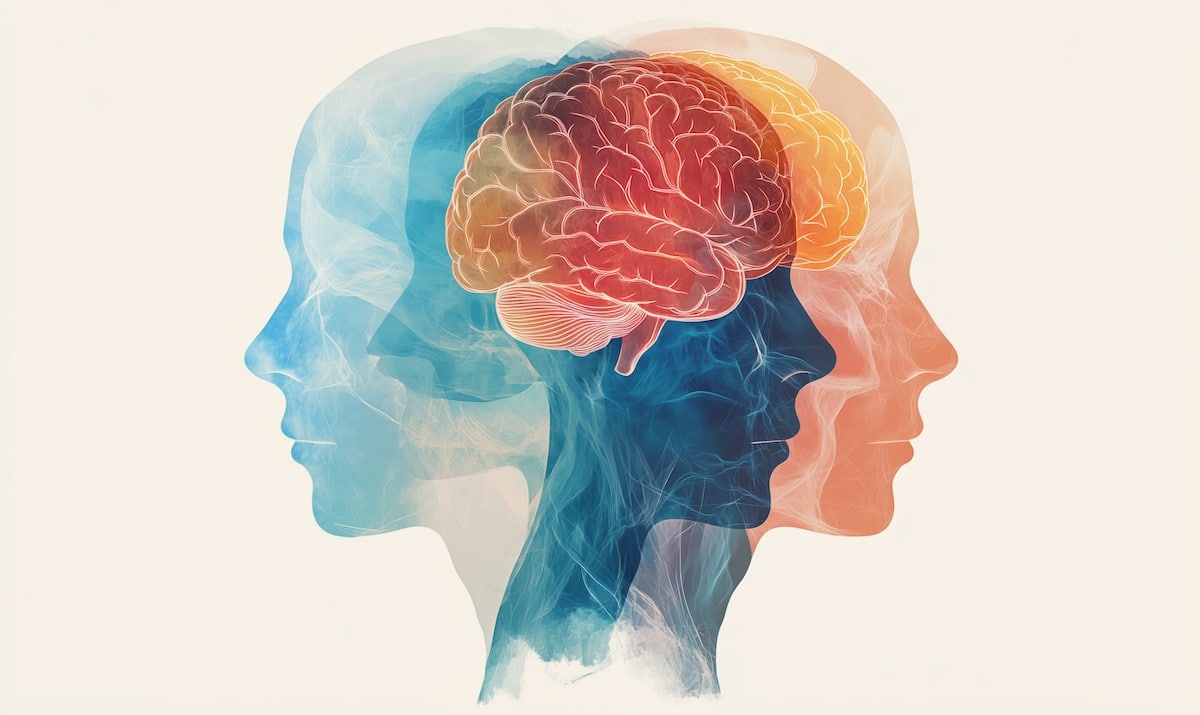Home | What We Treat | Avoidant/Restrictive Food Intake Disorder (ARFID)
What We Treat
Avoidant/Restrictive Food Intake Disorder
Home | What We Treat | Avoidant/Restrictive Food Intake Disorder (ARFID)
What We Treat
Avoidant/Restrictive Food Intake Disorder (ARFID)
ARFID is a selective eating disorder that shares similarities with anorexia but differs in its underlying causes. Rather than a fear of weight gain, individuals with ARFID avoid certain foods due to factors like texture, color, fear of choking, or lack of hunger cues.
Treatment for ARFID at Aster Springs
At Aster Springs, we take a multidisciplinary approach to treating avoidant/restrictive food intake disorder (ARFID). Our team of specialists works together to develop a personalized treatment plan that incorporates evidence-based therapies and addresses the disorder’s physical and psychological aspects.
About ARFID
- Previously referred to as “selective eating disorder,” ARFID involves the extreme limiting of the amount and/or types of food consumed for a variety of reasons.
- While there is limited research on the prevalence of ARFID, studies have found that between 0.5% to 5% of children and adults in the general population have the disorder, according to the National Eating Disorders Association (NEDA).
- A person with ARFID doesn’t consume enough calories to grow and develop properly or maintain essential body function, resulting in stalled weight gain, lack of vertical growth, and malnutrition.
In ARFID, selective eating is motivated by a lack of interest in eating or food, sensory sensitivity, and/or a fear of choking or vomiting.
The 3 types of ARFID
ARFID can develop for different reasons and presents in several forms. The three primary types include:
Avoidant
Characterized by avoiding certain foods due to sensory sensitivities, such as smell, texture, or appearance (e.g., color).
Aversive
Avoiding specific foods due to a fear-based reaction, such as a past negative experience that led to a fear of vomiting or choking.
Restrictive
Characterized by a limited interest in food, reduced appetite, or a lack of hunger cues.
FAQs
ARFID
What is avoidant/restrictive food intake disorder?
ARFID is a serious eating disorder that goes beyond typical picky eating. It is characterized by extreme food avoidance or restriction that leads to nutritional deficiencies, significant weight loss (or failure to gain weight in children), and interference with daily functioning. Unlike other eating disorders, ARFID is not driven by body image concerns but rather by sensory sensitivities, fear of choking or vomiting, or a general lack of interest in eating.
Individuals with ARFID may avoid certain foods due to their texture, taste, smell, or appearance, leading to an extremely limited diet. This can result in malnutrition, reliance on nutritional supplements, and significant distress around mealtimes. Without proper treatment, ARFID can negatively impact physical health, emotional well-being, and overall quality of life.
What are the signs + symptoms of ARFID?
ARFID presents differently in each individual, but common signs often include both physical and behavioral symptoms. Unlike other eating disorders, ARFID is not motivated by body image concerns but can still lead to severe health consequences.
- Significant weight loss or failure to meet expected growth in children and adolescents
- Dressing in layers to stay warm due to malnutrition-related cold intolerance
- Gastrointestinal distress, such as constipation, bloating, or stomach pain, often reported around mealtimes
- Severe food restrictions, avoiding entire food groups or only eating foods of certain textures, colors, or temperatures
- Heightened fear of choking or vomiting, leading to anxiety around eating
- Lack of appetite or disinterest in food despite nutritional deficiencies
- Extreme picky eating that worsens over time, resulting in a progressively limited diet
ARFID can have serious physical and emotional consequences, including malnutrition, social withdrawal, and anxiety around food.
What are the health dangers of ARFID?
ARFID can lead to severe health complications due to inadequate nutrition, similar to those seen in anorexia. Since individuals with ARFID often struggle to meet their body’s energy and nutrient needs, the disorder can result in serious medical consequences, including:
- Gastrointestinal issues, such as stomach cramps, constipation, bloating, and acid reflux
- Menstrual irregularities, including missed periods or reliance on hormonal contraceptives to regulate cycles (which is not considered a “true” period)
- Nutrient deficiencies leading to anemia, electrolyte imbalances, and low hormone or thyroid levels
- Cardiovascular concerns, such as low heart rate, dizziness, fainting, and unstable blood pressure
- Cognitive difficulties, including trouble concentrating and mental fog
- Hair and skin changes, such as dry, brittle hair, hair thinning, or the development of fine body hair (lanugo)
- Weakened immune function, increasing susceptibility to illness, and prolonged recovery times
Without proper intervention, ARFID can severely impact physical health, emotional well-being, and overall quality of life. At Aster Springs, we provide specialized treatment to help individuals restore nutritional balance, overcome food-related fears, and regain long-term health.
Is there an effective treatment for ARFID?
Yes, there are several effective treatment approaches for ARFID, with cognitive behavioral therapy for ARFID (CBT-AR) being one of the leading evidence-based therapies. CBT-AR is a structured, manualized approach that includes four key stages: psychoeducation, treatment planning, addressing the maintaining mechanisms of ARFID, and relapse prevention.
CBT-AR aims to help clients overcome the behaviors that prevent them from meeting their nutritional needs and work toward recovery. By the end of treatment, the goal is that clients no longer meet the diagnostic criteria for ARFID.
Other treatments that show strong efficacy include:
- Exposure-response + prevention therapy – Gradually confronting feared foods to reduce anxiety and improve eating behaviors
- Interoceptive awareness training – Helping clients better understand and respond to physical hunger and satiety cues
- Family-based treatment (FBT) – Engaging family members in the treatment process to provide support and enhance recovery
- Dialectical behavior therapy (DBT) – Addressing emotional regulation and distress tolerance to manage the anxiety associated with food
At Aster Springs, we take a comprehensive, personalized approach to ARFID treatment, using a blend of these proven methods to support lasting recovery.
Our Treatment Approach
At Aster Springs, we address the underlying issues and experiences contributing to eating disorders while challenging the thoughts and behaviors that stand in the way of lasting recovery.
Levels of Care
Comprehensive treatment options for every stage of eating disorder recovery
ARFID Resources
Click the links below to access educational resources on ARFID and learn more about treatment, recovery, and support.
Take the next step at Aster Springs.
Whether you’re seeking treatment for the first time or returning after previous care, the team at Aster Springs is here to help you navigate this stage in your recovery journey.
Your privacy is our priority. All communication is completely confidential.








